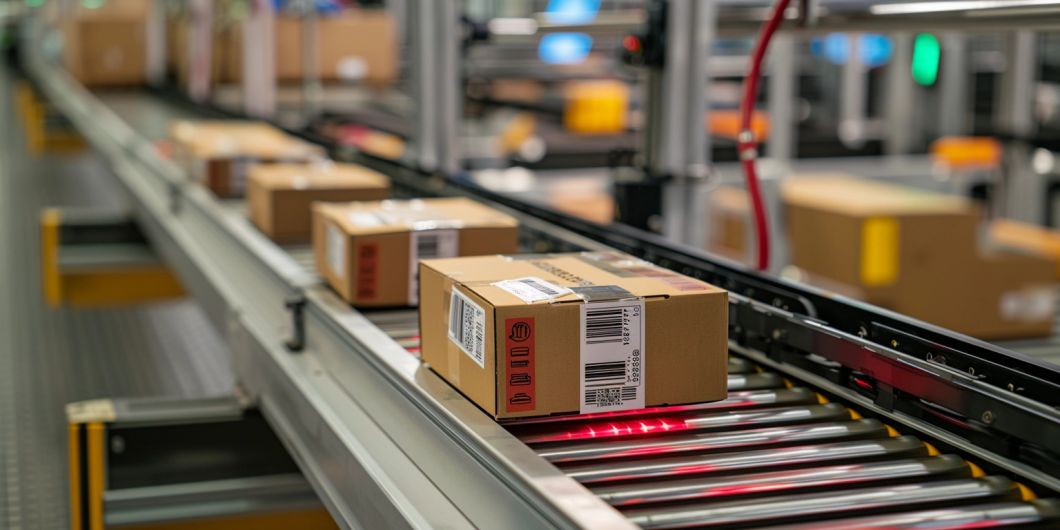In today’s rapidly evolving manufacturing landscape, the need for product authenticity and traceability has never been more critical. From pharmaceuticals to consumer goods, manufacturers face growing demands for transparency and accountability throughout the supply chain. Let’s delve into the indispensable role of traceability and serialisation in safeguarding product authenticity and integrity.
Why Traceability and Serialisation Matter:
- Unveiling the Journey: Traceability isn’t just about tracking products—it’s about uncovering their journey from production to consumption. Serialisation enables manufacturers to assign unique identifiers to each product, allowing for precise tracking and tracing throughout the supply chain. By tracking each product’s path, manufacturers can ensure authenticity and quality at every stage.
- Guardians of Compliance: In an era of increasing regulation and consumer scrutiny, compliance is paramount. Traceability and serialisation solutions provide manufacturers with the tools they need to meet regulatory requirements and uphold industry standards. From serialisation authorisations to product authentication, these solutions play a crucial role in ensuring compliance and building consumer trust.
- Empowering Operational Efficiency: Beyond compliance, traceability and serialisation offer tangible benefits for operational efficiency. By harnessing the power of data analytics and real-time insights, manufacturers can optimise supply chain processes, reduce waste, and enhance overall efficiency. From inventory management to production planning, traceability solutions enable smarter, more agile operations.

Stay ahead with real-time updates on the latest news:
For companies that have yet to implement serialisation in their operations, the risks and efficiency losses can be significant. Without serialisation:
- Risk of Imitation: Products become more susceptible to imitation, leading to revenue loss and damage to brand reputation.
- Difficulty in Quality Control: Without the ability to track products throughout the supply chain, it becomes challenging to identify and address quality issues promptly.
- Regulatory Non-Compliance: Companies risk facing regulatory penalties and fines for failing to meet serialisation requirements, leading to legal liabilities and financial losses.
- Inefficient Recall Management: In the event of a product recall, the absence of serialisation complicates the process of identifying affected products and notifying consumers, resulting in prolonged downtime and increased costs.
Implementing serialisation helps mitigate these risks and improves operational efficiency, ensuring better product quality, regulatory compliance, and consumer safety.
Conclusion:
In conclusion, traceability and serialisation are integral aspects of modern manufacturing, ensuring product authenticity, regulatory compliance, and operational efficiency. Stay tuned for future blog posts as we continue to explore the latest trends, technologies, and best practices in the world of traceability and serialsation.
